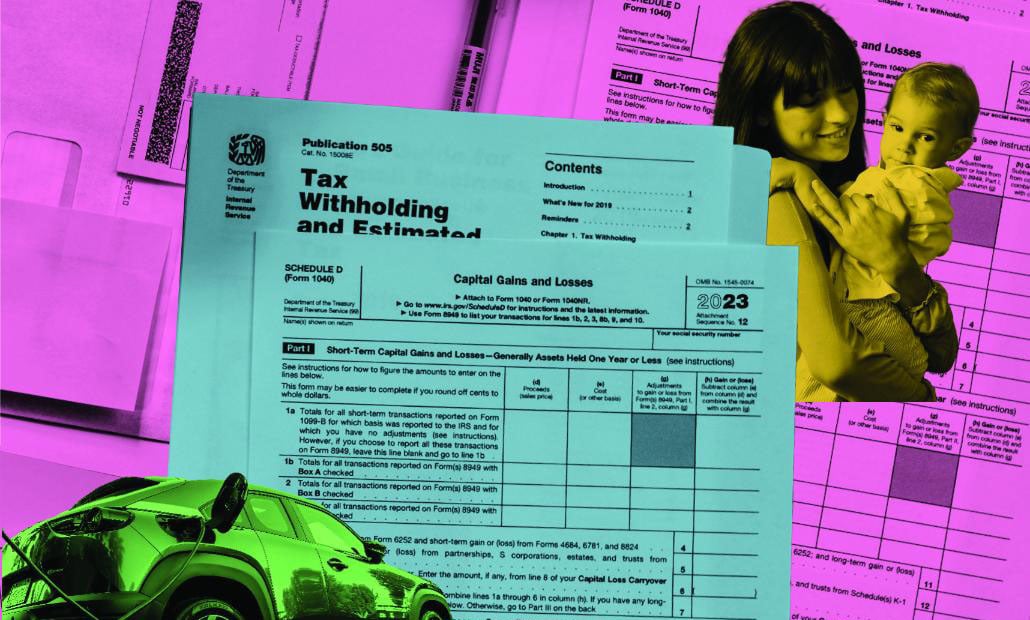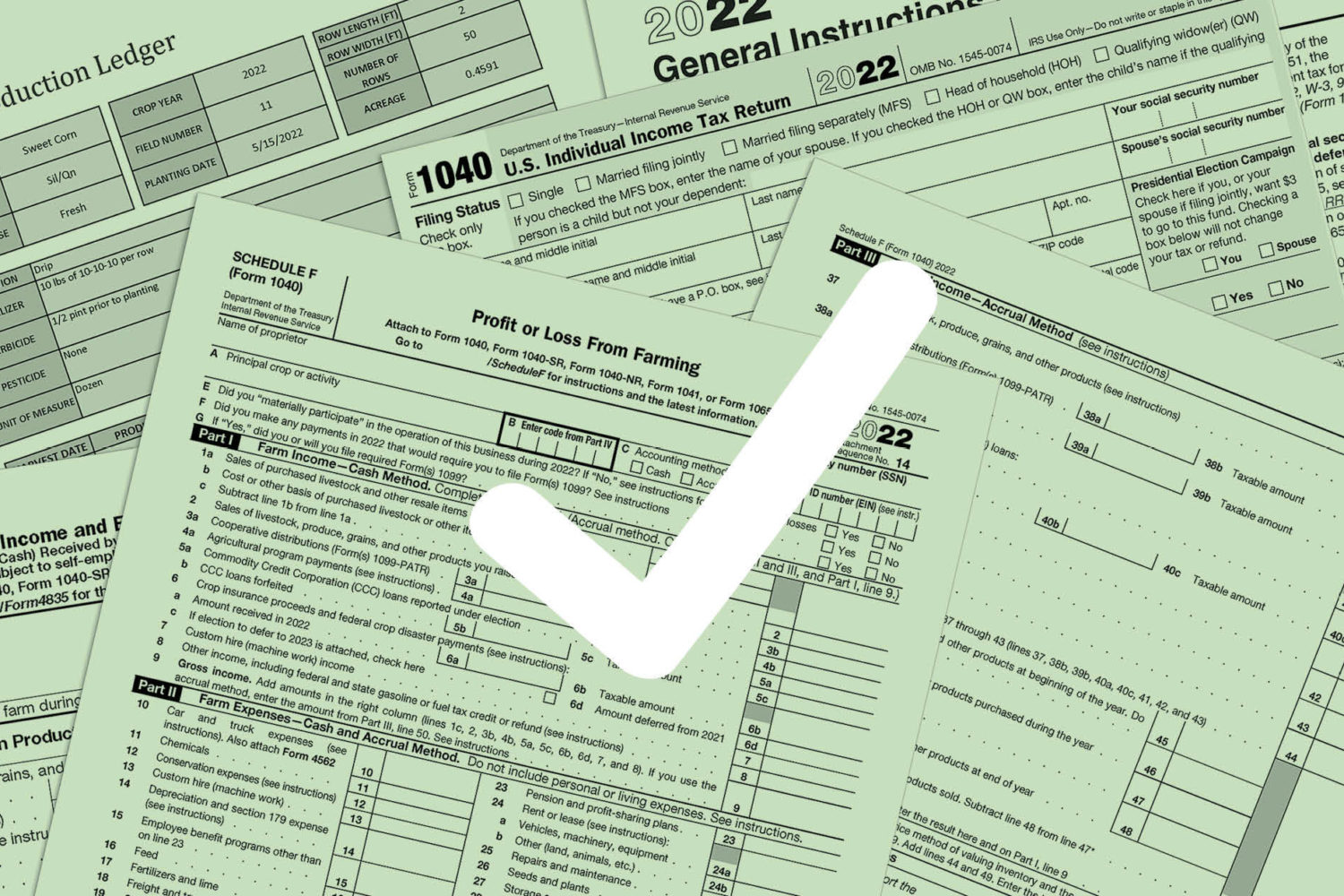Who Would Pay More
Basically, everyone making OVER $400,000 a year.
The top individual tax rate would revert back to 39.6% (it was lowered to 37%—through 2025—during the last administration).
Anyone earning over $400,000 could also pay an extra 6.2% in Social Security taxes—as opposed to paying taxes on just the first $142,800 of earnings (there would be a tax-free doughnut hole between $142,800 and $400,000).
Itemized deductions would be capped at 28 percent of income for high earners; currently there’s no cap. Anyone making more than $1 million a year could pay 39.6 percent on long-term capital gains, too, versus the current cap of 20 percent—almost double.
Who Would Pay the Same—or Less
Those making UNDER $400,000 a year would not see their tax rate go up.
In fact, their taxes might go down.
For example, Joe Biden may end the $10,000 ceiling on deducting state and local taxes.
He also has increased child tax credits.
“I think everything for people below $400,000 is positive,” says Debora May, a CPA with Councilor, Buchanan & Mitchell. “People with children and high real-estate taxes are really going to benefit, because real-estate taxes are high around here.”
Death and Taxes
The threshold at which estate taxes kick in could drop from a current $11.7 MILLION TO $3.5 MILLION (already scheduled to reset to $5 million in 2025) or $7 million (per couple).
The Step-Up cost basis for assets such as real estate could be Eliminated.
Suppose you bought a house for $100,000 years ago that today has a market value of $1 million. “If your heirs sell it for $1 million,” says Keegan Stroup, a CPA at Andersen, “they don’t have to pay capital gains. That’s the step-up in basis. If they eliminate that, your heirs would pay tax twice—in estate tax and then income tax on the $900,000 in profit.”
What to Do Now to Lower Taxes
Put as much into deductible and tax-deferred vehicles as possible.
“401(k)s, IRAs, 529 plans—people just aren’t using some of these things,” says May.
Take a hard look at assets with big capital gains.
“If you have something income-earning in your control, take that income now,” says Stroup. “Let’s say you’ve started a company and are contemplating selling in the next year. I’d say go ahead and sell it now. You don’t want to pay double the tax rate to sell your company” later.
Give some of your money away while you’re alive.
The IRS allows you to give any individual you’d like—your child, your mother-in-law, your mail carrier—up to $15,000 each, tax-free, per year. Says May: “That’s a no-brainer if your [estate is] going to be over $3.5 million and you have the wherewithal to do it.”
This article appears in the April 2021 issue.




















